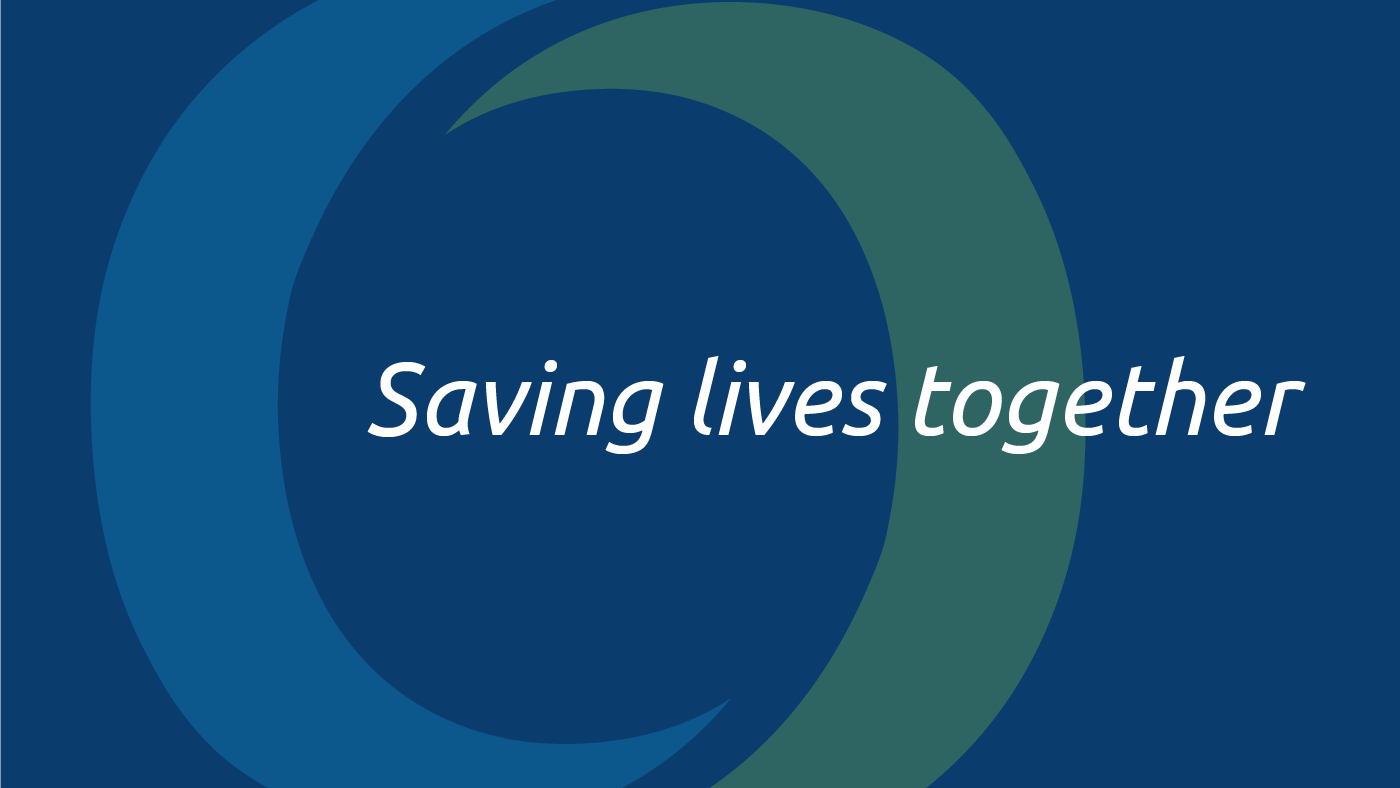Leaders in organ donation and transplantation seek meeting and assessment with U.S. Digital Service concerning IT systems that make over 41,000 transplants possible per year
Senior leadership at United Network for Organ Sharing (UNOS), the federally contracted non-profit that unites the organ donation and transplantation community and serves as the Organ Procurement and Transplantation Network (OPTN), have raised concerns with a draft report by the United States Digital Service (USDS).
In a letter sent today to USDS Administrator and Deputy Chief Federal Information Officer Mina K. Hsiang, UNOS leadership shared that in 2022 its organization received a supposed draft report by the USDS concerning its information technology (IT) systems. The letter was authored by UNOS Board President Dr. Jerry McCauley, Vice President/President-Elect Dr. Dianne LaPointe Rudow, Past President Dr. Matt Cooper, Vice President of Patient and Donor Affairs Valinda L. Jones and Interim CEO Dr. Maureen McBride.
“As noted in an August 2, 2022, letter to the HRSA Administrator, we would have welcomed a USDS review of our system, but did not receive notice of this review before, during or after its development, nor are we aware of a final version of the document,” wrote McCauley, Rudow, Cooper, Jones and McBride. “A safe, reliable, and secure technology infrastructure for the national donation and transplantation network is of critical importance to the public and the patients we all serve, and UNOS would be pleased to support the USDS’ work in updating and finalizing the report.”
The leaders went on to request a meeting with the USDS to mutually review and discuss the draft report and invited the USDS to conduct an in-person review of its IT systems. The report, which was leaked to members of the press last summer, served as the basis for public discussions surrounding the IT infrastructure for the national donation and transplantation system. Routine audits of UNOS technologies are performed by the Health Resources and Services Administration (HRSA) and have not identified the findings outlined by the USDS report.
“We believe both UNOS and the USDS want the same thing: to get as many donor organs as possible to the patients who need them, both equitably and efficiently,” wrote McCauley, Rudow, Cooper, Jones and McBride. “We both want to improve organ donation and transplantation in a way that’s based on facts, and without service interruptions in a system upon which so many patients, professionals and clinicians depend.”
A safe, reliable and secure IT infrastructure is instrumental to the continued success of the U.S. organ donation and transplantation network. The IT system that powers the OPTN is highly effective and secure, helping make over 41,000 transplants possible per year nationwide and fending off over 3,000,000 hacking attempts per day.
Also copied on the letter were HRSA Administrator Carole Johnson, HRSA Acting Associate Administrator Suma Nair, HRSA Chief Information Officer Adriane Burton, U.S. Chief Information Officer Clare Martorana and U.S. Office of Management and Budget Director Shalanda D. Young.
A copy of the full letter can be found here.

